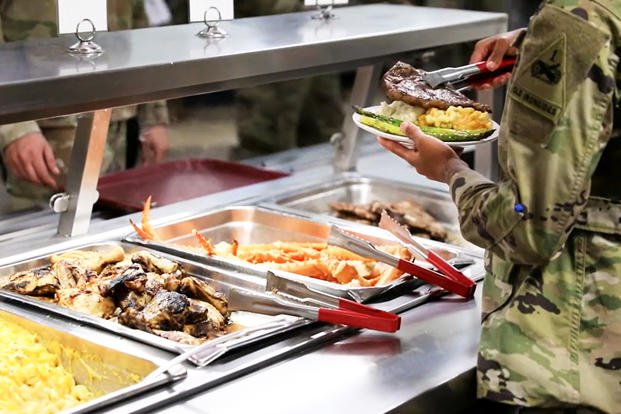I have used the phrase calories in, calories out when discussing weight loss as a very general statement when describing weight loss, food intake and exercise. It is a very basic tool to explain that if you eat a cookie, it takes 20 minutes to walk off that cookie. There is a price with everything you eat when it comes to losing weight.
This overly simplified equation does not explain that the type of calories we consume can cause early onset diabetes, heart disease, obesity and more. Research is showing that a higher carbohydrate diet is the root cause of these diseases and disorders. Your body reacts completely differently when it digests sugar, flour and refined grains (breads and bad carbohydrates) compared to steak and eggs or other proteins, fats and good carbs.
So all calories are not created equal. The above calories in, calories out statement is common among restrictive diets where you actually limit the amount of food you eat each day. Restrictive diets are not your healthiest diet options, but they usually work quickly until you start to eat normally again and gain it all back; this is sometimes called a Yo-Yo Diet. Basically, a restrictive diet works by understanding that the average calorie expenditure per day for a moderately active lifestyle is 1,500-1,800 a day. If you eat less than that, you can lose weight.
With no macronutrient guidelines (good carbs, protein, fats), one easily could interpret calories in, calories out to mean that it is fine to eat 1,500 calories a day of sugary snacks since it would be the same as 1,500 calories of meat, fruits and vegetables.
Obviously, that is not true.
To say that you can lose weight by eating fewer calories than you burn each day is a bit incomplete. You have to be more detail-oriented with your food planning. Limit and eliminate simple carbohydrates (sugars, breads, grains) from your diet, focus on lean meats and complex carbohydrates, and limit your fat intake to only good fats (mono- and poly-unsaturated fats). Recent studies, though, are showing that saturated fats are not the true killer; sugar is.
The food plan that will be most beneficial for your issues is a lower carb diet, not a no-carb diet. There are many diets out there, but according to Dr. E. James Greenwald of Nevada-based Specialty Health, the latest clinical trials suggest that America would benefit greatly from limiting sugars, flour, high-fructose corn syrup, refined grains and starchy vegetables.
When one consumes a diet full of simple carbs (sugar, flour, high-fructose corn syrup, refined grains found in white bread, etc.), you step closer to becoming insulin resistant (IR), which is a 10- to 15-year precursor to Type 2 diabetes. See the above health screening links for more information on how to rate your IR score, using common health screening tests.
"When humans become insulin resistant, the glucose receptors of our liver and muscle cells get clogged," Greenwald said. "Insulin has a difficult time, allowing glucose to get into the cell. Glucose stays in the bloodstream, and blood-glucose levels increase, and so do the blood-insulin levels as the pancreas keeps pumping more and more insulin to try to keep blood sugar (glucose) levels under control.
"In turn, we become fatter and less healthy by eating mostly sugar calories. The growing health issues facing our country and its military today as a result of the rapid increase in Type 2 diabetes and heart disease are largely due to high sugar diets and lack of consistent exercise. Promoting lower simple carbohydrate caloric intake, higher proteins and good fats will go a long way toward not only reducing the instances of heart attack and Type 2 diabetes, but also improving the overall ability of our country and its public servants to perform their jobs to the best of their abilities."
Stew Smith is a former Navy SEAL and fitness author certified as a Strength and Conditioning Specialist (CSCS) with the National Strength and Conditioning Association. Visit his Fitness eBook store if you're looking to start a workout program to create a healthy lifestyle. Send your fitness questions to stew@stewsmith.com.
Want to Learn More About Military Life?
Whether you're thinking of joining the military, looking for fitness and basic training tips, or keeping up with military life and benefits, Military.com has you covered. Subscribe to Military.com to have military news, updates and resources delivered directly to your inbox.




















